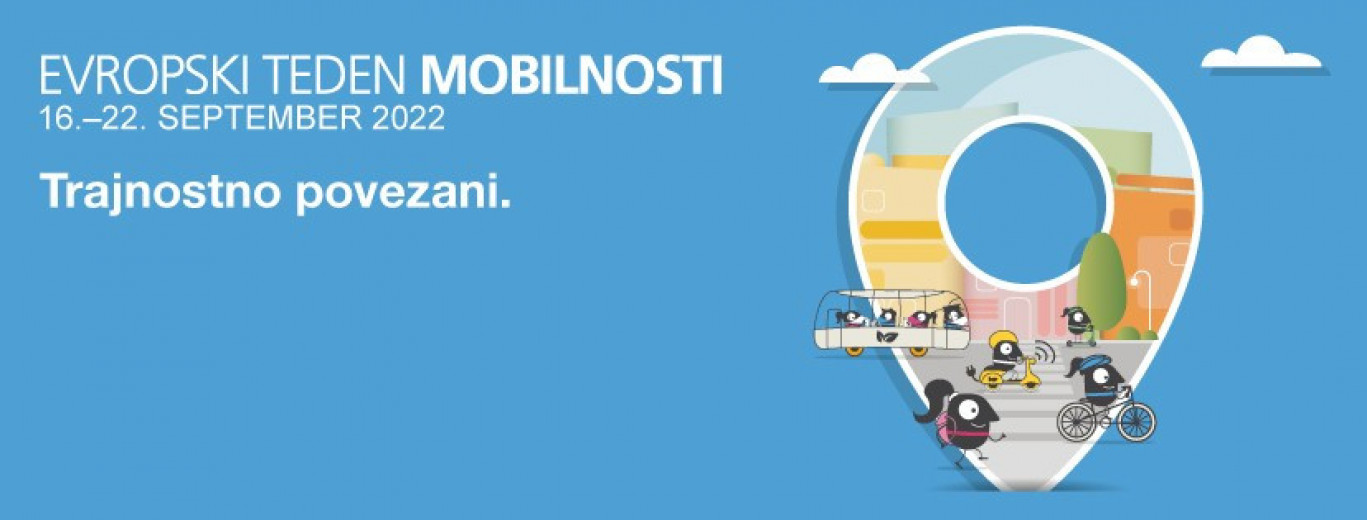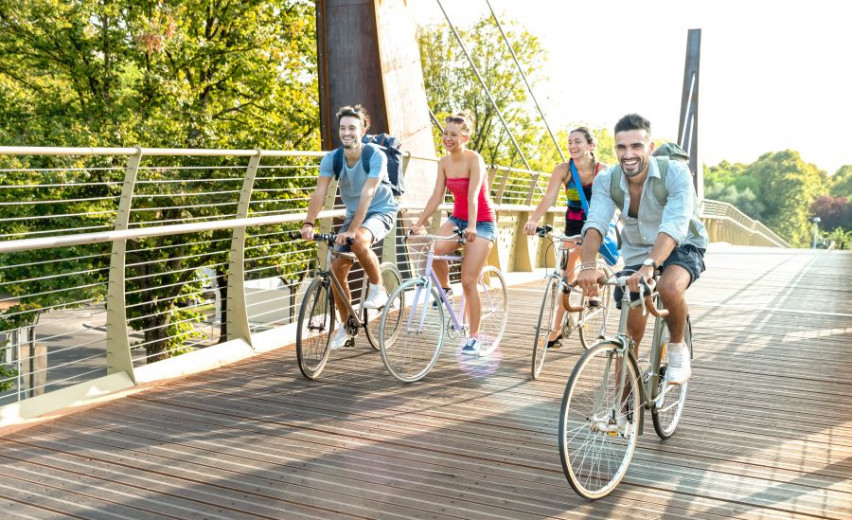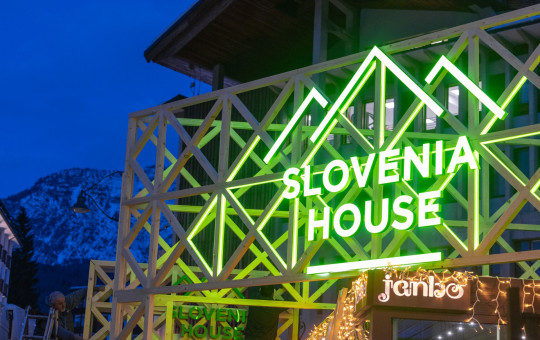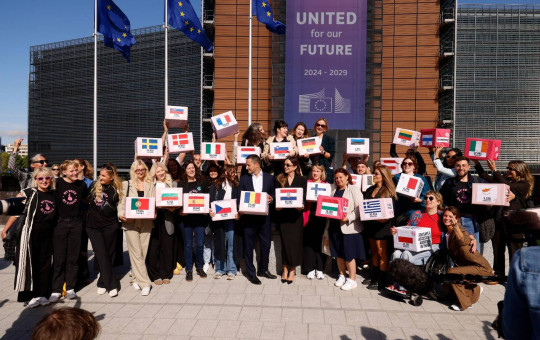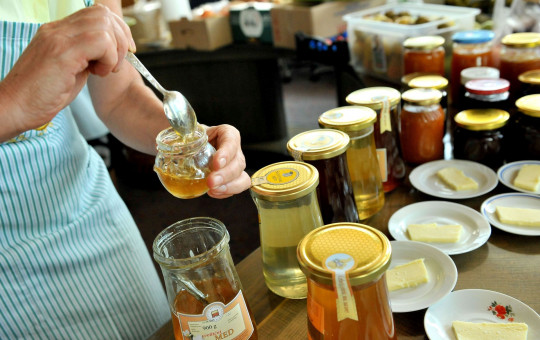Date: 19. September 2022
Time to read: 2 min
From 16 to 22 September, European Mobility Week takes place under the slogan 'Sustainably Connected'. It promotes alternatives to car transport, such as walking, cycling and the use of public transport. During Mobility Week, we are highlighting the need to change travel habits and shift towards active and sustainable mobility for a better quality of life in our communities.
In 2021, most journeys in Slovenia were made by car (67%), while 26% were made on foot or by bicycle and only 3% by public transport.
The European Mobility Week initiative aims to reduce fossil-fuel-powered car traffic and encourage people to use sustainable mobility – walking, cycling or public transport. That is why this year's initiative highlights the importance of well-connected communities as a prerequisite for the success of any municipality and for a high level of quality of life therein.
Progressive municipalities are therefore already strengthening environmentally friendly alternatives to motorised road transport and integrating them into a modern travel system that makes transfers easy.
To support municipalities in planning healthier environments that allow people to be more physically active in nature, the Ministry of Health co-funds the Going Out for Health programme, which encourages municipal planners to plan green spaces appropriately, and the Active Travel to School and Healthy City programme, which encourages municipalities to create an environment for active travel to school and work (also known as the Pedestrian Bus and Bicycle Train). Both programmes support people- and environment-friendly and healthy solutions in local environments.
The European Mobility Week activities are also part of the National Programme on Nutrition and Health Enhancing Physical Activity – Dober tek Slovenija, which aims to improve the eating and exercise habits of the population from early childhood to late old age in order to prevent obesity and related chronic diseases.
This week, many European cities will take action to reduce traffic, showing how we can improve urban air quality, reduce congestion and noise, and improve infrastructure for pedestrians and cyclists in a relatively simple way. Achieving emissions reductions and, above all, reducing the impact of transport on climate change are priorities for every community, including Slovenia as a country.

